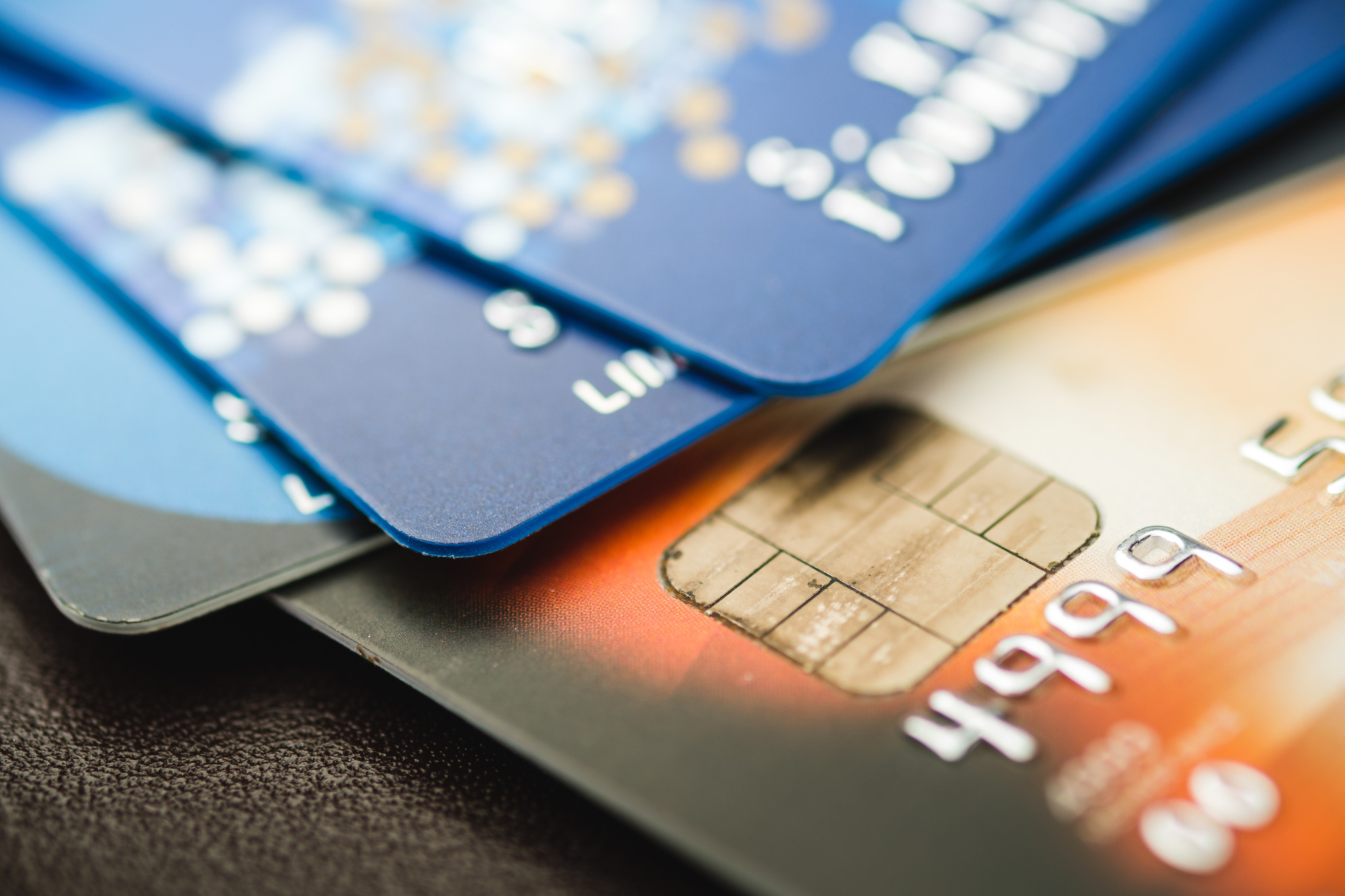Do Debit Cards Affect a Credit Score? Here’s All of Your Questions Answered
When it comes to financial literacy, many Americans are struggling to keep up.
Millions of Americans have at least one credit card. But, the majority of these people are clueless when it comes to using these cards effectively.
Many of these people are also unaware of how to use their debit card properly. They might even find themselves asking questions like, “do debit cards affect a credit score?”
If you’re guilty of asking questions like this, keep reading. Explained below is everything you need to know about whether or not your use of a debit card can influence your credit score.
Debit Cards Vs. Credit Cards
First things first, let’s clarify the difference between a debit card and a credit card.
In order to get a credit card, a lender has to approve you for a specific credit limit.
Whenever you use your credit card, you’re borrowing against that credit limit. You will also have to pay interest on your credit card balance if you do not make your payments on time or do not make complete payments.
A debit card, on the other hand, takes money out of your checking account whenever you use it. With a debit card, you’re spending money you already have. With a credit card, you’re borrowing money from your bank or credit union.
Do Debit Cards Affect a Credit Score?
The short answer to this question is, “no, they do not.” There are lots of factors that affect your credit score, but your debit card usage is not one of them.
Because you’re using the money you already have when you swipe your debit card, those purchase do not affect your credit report. Essentially, you’re not building credit when you’re simply spending your own money.
Which Factors Do Affect Your Credit Score?
So, debit cards don’t play a part in raising or lower your credit score. But, which factors do have an influence?
There are lots of things that can raise or lower your credit score, including the following:
Payment History
Your payment history has a major effect on your credit score. If you’re not making credit card payments on time, or if you’re skipping them altogether, you’re going to have a hard time improving your score.
Credit Utilization
Your credit utilization is the amount of money you’ve charged relative to your credit limit. For example, if you have a $10,000 credit limit and you’ve charged $1,000, your credit utilization ratio is 10 percent.
Generally speaking, it’s a good idea to keep your credit utilization as low as possible — below thirty percent is ideal.
The Length of Your Credit History
How long have you been using credit cards or borrowing money from your bank or credit union? The longer your credit history, the better your credit score.
This is why it’s difficult for individuals who are new to credit to have high credit scores.
Credit Mix
The term “credit mix” refers to the different types of credit on your credit report. For example, you might have two credit cards, a mortgage loan, and an auto loan.
Generally speaking, if you have a diverse credit mix (and you’re making all your payments on time), you’ll have a higher credit score.
Lack of a Credit Balance
Using your credit cards too much can be problematic, but so can using them too little. If you never use your credit cards, you don’t have an opportunity to pay them off.
This, in turn, hinders your ability to build credit.
Your credit cards may even be canceled if you don’t use them often enough — and, this definitely isn’t good for your credit score.
How to Improve Your Credit Score
You might be relieved or disappointed to learn that your debit card usage does not impact your credit score.
While you won’t boost or lower your credit score with your debit card, there are lots of other steps you can take to get that score up.
Some specific strategies you can utilize include:
Get a Secured Credit Card
A secured credit card is kind of like a credit card with training wheels. The training wheels, in this case, are a security deposit that you pay before you can use your card. This security deposit acts as your credit limit.
Keep Your Credit Balance Low
Try to pay your credit card balance off in full each month. There’s no benefit associated with leaving a balance on your credit card — you’ll likely just end up paying more money in interest if you do this.
If you can’t pay your entire credit card balance, at least pay off the majority of it to keep it as low as possible.
Make Your Payments on Time
It’s also important to make sure you’re paying your credit card bills and making your loan payments on time. If you have a hard time with this, set reminders on your phone or set up automatic payments.
Monitor Your Credit Report
Keep in mind that you can get a free copy of your credit report from each of the three credit bureaus (Experian, TransUnion, and Equifax). Take advantage of this opportunity and make sure there aren’t any errors that are affecting your credit score.
Be Selective with the Accounts You Close
Generally speaking, it’s not a good idea to close credit accounts, especially old accounts. But, if you have cards that you rarely use (especially cards that have a high annual fee), you might want to close them so you don’t get penalized for inactivity.
Looking for More Tips to Improve Your Credit Score?
Clearly, the answer to the question, “do debit cards affect a credit score?” is a resounding, “yes.”
As you can see, there are lots of things you can do to use your debit card to boost your credit score.
Do you want to learn more about how to improve your credit score?
Start by checking out the credit repair section of our website today. It’s full of tons of tips and tricks to help you manage your finances effectively.




Leave a Reply
Want to join the discussion?Feel free to contribute!